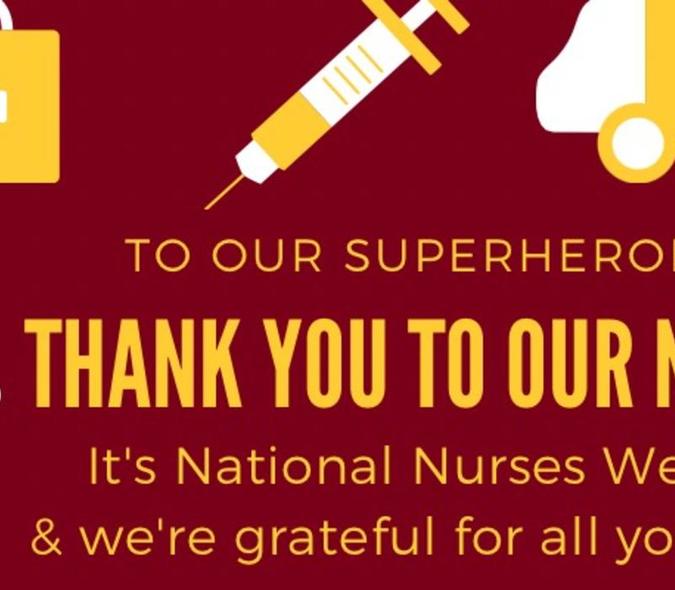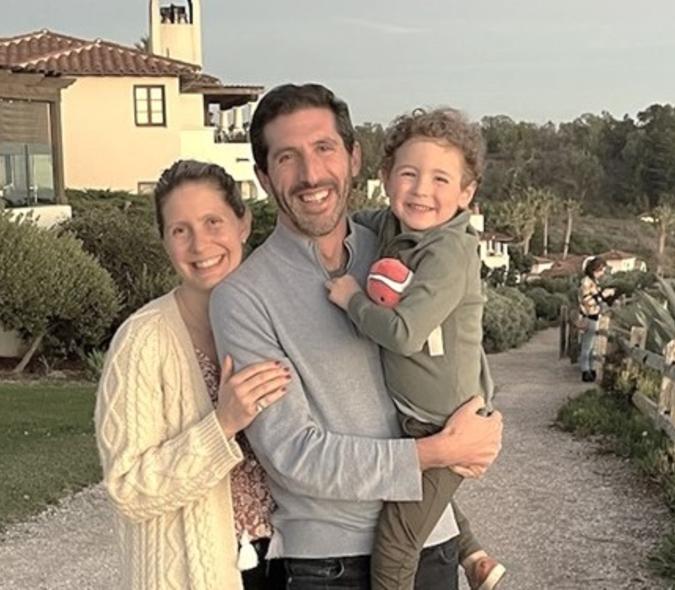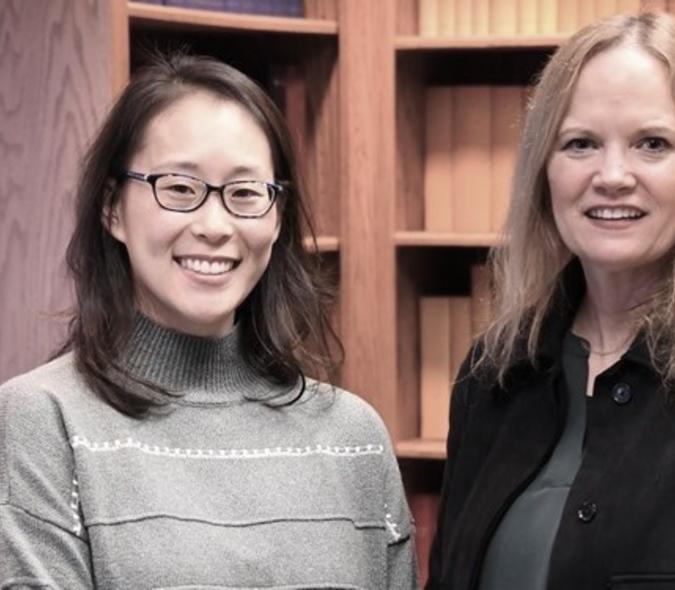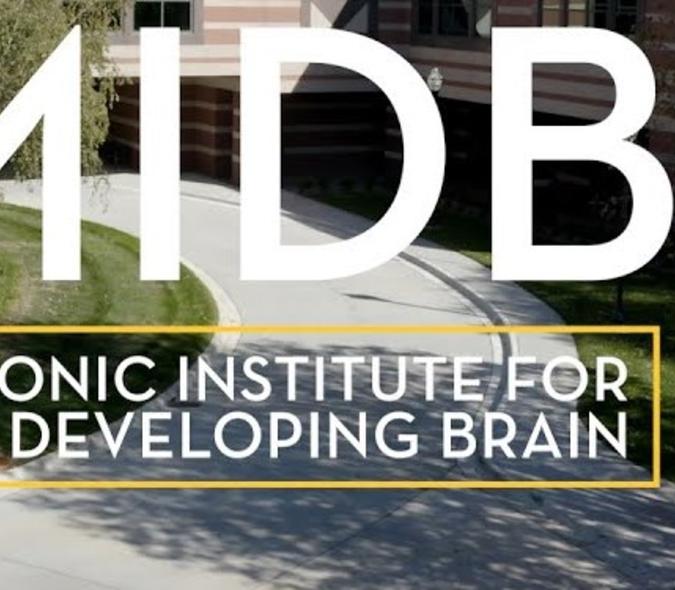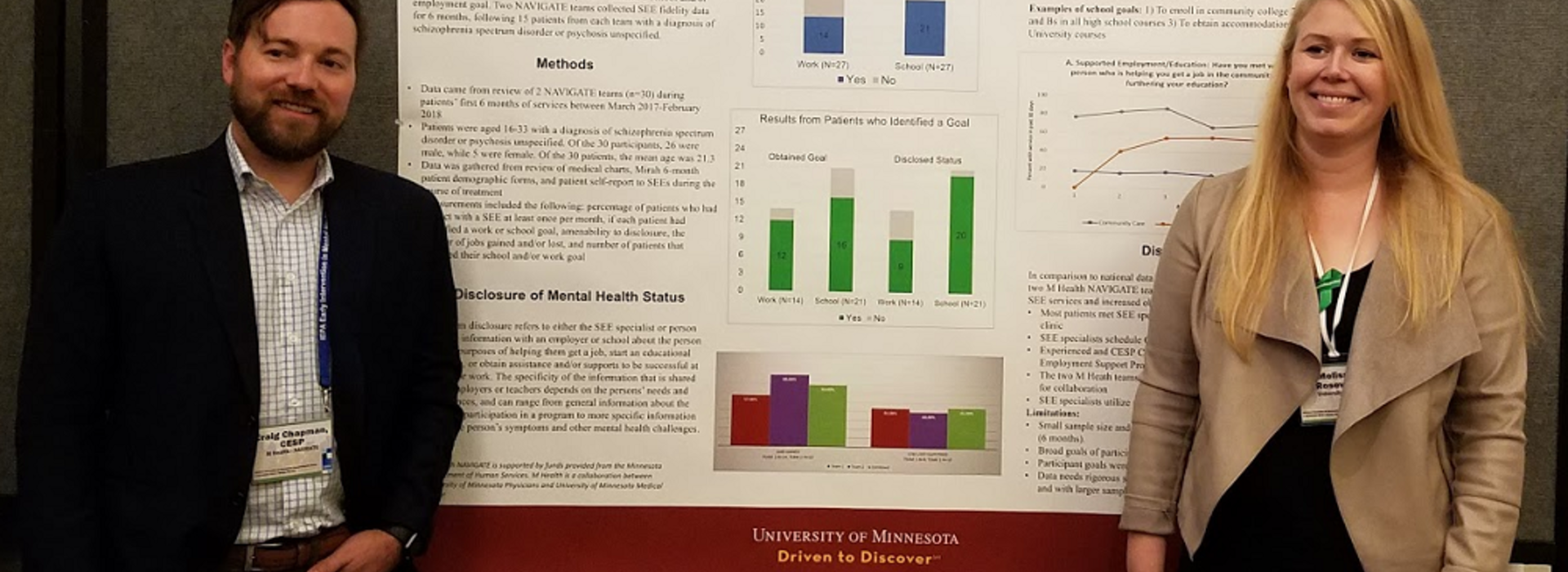
NAVIGATE program enables the people it serves to live perfectly normal, healthy lives
National Counseling Awareness Month is observed during April, honoring mental health counselors, school and college counselors, substance abuse counselors, and career counselors. Counseling Awareness Month encourages people to learn about professional counselors and the benefits of counseling.
Housed in the M Health Fairview clinic in St. Louis Park, MN, the NAVIGATE program offers both clinical and nonclinical services to individuals diagnosed with first-episode psychosis. The program arose from a National Institutes of Mental Health (NIMH) study called RAISE (Recovery After an Initial Schizophrenia Episode).
RAISE was a large-scale research initiative that began with two studies examining different aspects of coordinated specialty care (CSC) treatments for people who were experiencing first-episode psychosis. M Health Fairview is one of four healthcare organizations in Minnesota that provide services derived from the study. The CSC team includes cognitive behavioral therapists, family therapists, two Supported Employment and Education Specialists (SEE), and a prescriber who does medication management. They meet weekly to touch base about the people they serve.
Getting back to school and work
Melissa Rosewall and Craig Chapman are the SEE specialists. Their roles are funded by a Minnesota grant from the 21st Century Cures Act and the National Institutes of Health. For the past three years, that funding has enabled them to work with individuals from 15 to 40 years old who have been diagnosed with schizophrenia spectrum disorder (SSD). “We help them get back to school and work,” said Rosewall. “Basically, it’s all about helping them find a school and stay in school – find a job and stay in a job.”
To participate in the program, individuals need to have had a first episode of schizophrenic spectrum disorder psychosis – whether they were hospitalized or not – and have been on antipsychotic medication for a year or less. When individuals come into the program, the team typically works with them for two to three years.
Building trust
Counseling in this context means building a relationship with the people they serve based on trust. “With our population, that’s really important,” said Chapman. “They are experiencing different aspects of psychosis, which might include paranoia.”
Both Rosewall and Chapman want to enable the people they serve. “When I’m working with someone, it’s good to give them suggestions and feedback, but what it comes down to is listening to them and allowing them to make decisions based on what they want and what their needs are,” said Rosewall.
A typical pre-COVID-19 day for the SEE specialists included touching base in the office to talk about who they were meeting with that day. “I would usually have four to five appointments and would plan my driving route and the materials I needed,” said Rosewall. They met the people they work with at coffee shops or homes or in schools. If meeting somewhere in the community wasn’t possible, they scheduled an appointment.
Helping with life skills
Chapman and Rosewall help the people they serve with all kinds of life skills, from doing homework, to finding and applying for a job, to writing a resume, to doing an interview. “Behind the scenes, we communicate with school staff to see if our those they serve are getting the support they need – such as an individualized education plan, or appropriate accommodations,” explained Rosewall.
“A lot of the work we do is hands-on, like when we’re helping with homework,” said Chapman. “I might suggest seeing how their desk is organized and if we can make it less cluttered. We will even pick out interview clothes. They love it.”
Impact of COVID
The NAVIGATE team – and the people they serve – have had to strengthen their flexibility and resiliency during the COVID-19 pandemic. “It’s been tough. We’re the ones who are usually out in the community, meeting with our those they serve at school, work or at home,” said Chapman. “Melissa and I are having to think out of the box. One of our ideas was a twice weekly drop-in Zoom [video meeting software] group that’s been fairly successful. We have a theme that we discuss, and it gives people a chance to socialize with us and other peers in the program.”
“They’re willing to do stuff they’ve never had to do,” added Rosewall. “A phone call to check in can really mean the world to an individual who is going through a lot.”
There are challenges
As much as they love their jobs, the SEE specialists sometimes face challenges. “You might put in 100 hours working with someone, but their illness creates a barrier to their being able to follow through, even though they want to,” said Chapman.
There are also many joys. “I love it when people get jobs – even interviews – which gives them hope,” said Rosewall. “It’s important in this line of work to help the people we serve see that life is worth living. Diagnosis of a mental health disorder doesn’t mean that they can’t live perfectly normal, happy lives.”
